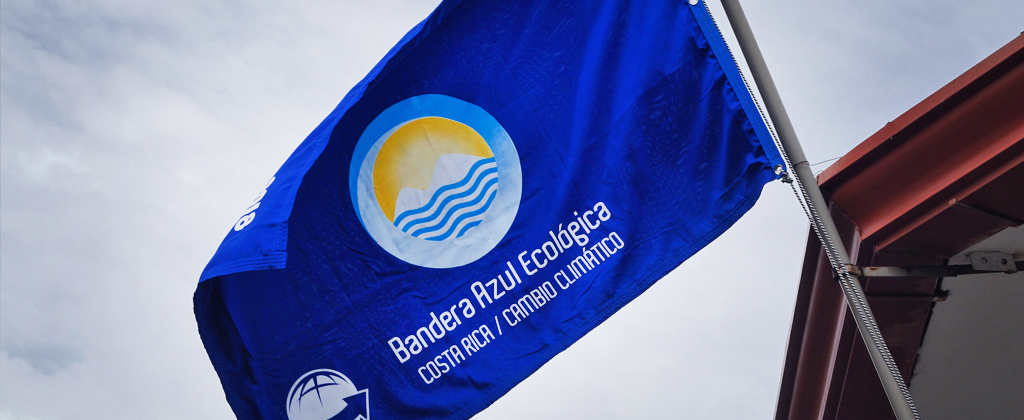As the world gears up to celebrate Earth Day on April 22nd, Costa Rica stands out with a model of environmental stewardship that exemplifies what can be achieved when communities, businesses, and government unite. The day serves as a poignant reminder of our duty to care for Mother Earth, amidst growing concerns over human impact and the sustainability of our natural resources.
The Genesis of Earth Day and Costa Rica’s Pioneering Spirit
Initiated by U.S. Senator Gaylord Nelson in 1969, Earth Day catalyzed a global environmental movement, leading to significant legislative and cultural shifts towards sustainability. In Costa Rica, this ethos is deeply ingrained in national identity, driven by a comprehensive approach to conservation and ecological balance.
From Concept to Practice: The Blue Flag Program
A standout initiative that epitomizes Costa Rica’s commitment is the “Bandera Azul” (Blue Flag) program. Originally developed in Europe in 1985 to recognize efforts to protect marine environments, it was adopted by Costa Rica in 1996 and has since evolved into a broad-based interinstitutional program. The program spans multiple sectors, including beaches, communities, educational centers, and more, all united under the goal of fostering an ecologically balanced environment.
This program not only acknowledges individual and collective efforts but also drives a practical shift from conceptual environmentalism to tangible actions. It facilitates the transition by providing a framework for public-private partnerships aimed at enhancing community well-being and environmental health, which aligns with the rights enshrined in Costa Rica’s constitution.
Transforming Communities Through Collective Action
In 2021, Playa Linda in Savegre de Quepos took a significant step by joining the Blue Flag program. This commitment marked a transformative change for the community, extending beyond beach conservation to encompass broader societal benefits. This includes improving local infrastructure and community spaces, enhancing the environmental education, and actively involving the community in sustainable practices.
The initiative is supported by volunteers and local leaders who, despite resource constraints, are committed to improving their communities. Their efforts are a testament to the program’s ability to engender grassroots environmentalism and foster a sense of responsibility and stewardship among participants.
Earth Day: A Call for Continued Commitment and Action
Earth Day serves as a gentle yet firm reminder of the urgent need to adopt more eco-centric behaviors and to think globally while acting locally. In Costa Rica, this day is not just about reflection but is a call to action. The environmental challenges we face require not only individual commitment but also a collective will to enact change that can sustain future generations.
The story of the Blue Flag program and its impact on Playa Linda is just one example of how structured environmental programs can lead to significant community and ecological benefits. It highlights the importance of public awareness and participation in environmental conservation efforts, which are crucial for achieving sustainable development.
As Costa Rica continues to lead by example, Earth Day reminds us of the importance of maintaining momentum in our environmental initiatives. Whether it’s through participating in a local clean-up, supporting sustainable businesses, or educating oneself and others about environmental issues, every action counts. Costa Rica’s model demonstrates that when communities come together under a united cause, significant environmental progress is possible.
Let this Earth Day be a reminder not just to appreciate the natural beauty around us but also to actively participate in preserving it. It’s about making choices that align with the health of our planet — because ultimately, the well-being of Earth is integral to the well-being of its inhabitants.

